>>
As a prestigious person in the community, who devoted his whole life to the career of "cultivating people", Mr. Hoa always fostered in his students a sense of pride in their ethnic identity. When he retired, he thought he would be able to enjoy his old age in peace, but once, by chance, when talking to some children in the village, he could not help but feel troubled when he heard that the children, although they were Tay, could not speak their mother tongue. "I feel so sorry!" - he shared in a sad voice, filled with feelings: "Ethnic people who do not know their ethnic language are like trees without roots".
This concern does not stop at a few isolated cases. Realizing the importance of preserving the original language, he decided to conduct a survey of the current situation in Goc Bang village, with support from schools and local authorities. The survey results made him even more worried: nearly 70% of primary school students and more than 40% of secondary school students in the village could not speak or read Tay.
One of the main reasons is the psychology of many parents who want their children to master the common language early to facilitate their studies. From this situation, Mr. Hoa realized that he needed to take action. He boldly proposed that the village Party Cell issue a resolution on the responsibility of Party members in preserving and teaching the Tay language to the younger generation. With the high consensus of the Party Cell and the consensus of the villagers, a free Tay language class taught by him was born and maintained regularly every Saturday.
Not only teaching what he knows, he also constantly studies on his own, enriches his vocabulary, and learns more deeply about Tay script from knowledgeable people to make his lectures richer and more accurate. Lacking a standard curriculum, Mr. Hoa diligently "compiles" his lectures from his own rich life experience - childhood memories, sweet sli luon songs, and Tay folk tales passed down from his grandparents. He is both a devoted teacher and a great friend, patiently instructing each word and each sentence to students of all ages, from toddlers to parents who want to relearn their mother tongue.
Not only teaching languages, Mr. Hoa also restored and introduced into the classroom unique traditional cultural activities such as folk games, then singing, luon singing - cultural beauties that are gradually fading away. From the initial enthusiasm of a teacher, the small class has gradually become a meaningful cultural meeting place, where the whole community connects, shares and preserves the "soul" of their nation.
However, this meaningful journey of "keeping the fire alive" could only last for three months. Difficulties in minimum operating costs, lack of official teaching materials and necessary professional support became major barriers. In addition, maintaining class size was not easy when students and parents were busy with formal education and the burden of daily living. The personal strength and resources of a retired teacher, no matter how dedicated, were not enough to shoulder a job that required continuous investment and support from many sides.
For that reason, Mr. Sa Cong Hoa’s Tay language class had to temporarily stop operating. The class no longer had lights on every Saturday, but Mr. Hoa’s concerns never went away. Those three short months may not have created a breakthrough change in the ability to use Tay in the community, but they had strongly awakened awareness of the importance of preserving the mother tongue. That also proved that the need to learn Tay in the community is real, it just needs more suitable and sustainable methods, materials and support resources.
Looking to the future, Mr. Sa Cong Hoa still hopes for a more sustainable, long-term solution for the Tay language. He still expresses his earnest wish that authorities at all levels need to pay more attention to the work of preserving ethnic minority languages. He proposes specific solutions: it is necessary to invest in training a team of teachers who teach ethnic languages in a systematic and specialized manner; research to integrate ethnic language content into the official education program or at least into extracurricular activities in schools in ethnic minority areas; and regularly organize cultural playgrounds, singing, storytelling, and poetry reading competitions in ethnic languages in schools and communities to create a practice environment, arouse the love and pride of the younger generation.
The heart and initiative of retired teacher Sa Cong Hoa is a vivid demonstration of the dedication and responsibility of prestigious people in the ethnic minority community in the face of the risk of cultural identity fading away. His story is not just about a class that has stopped but is a profound reminder of the fragility of traditional cultural values in the face of modernity and an urgent call for the joint efforts and tireless contributions of the entire community and especially of management levels, so that "fires" of passion like Mr. Hoa can burn brightly, spread strongly, and contribute to preserving the national culture for future generations.
Van Thong
Source: https://baoyenbai.com.vn/16/349566/Giu-tieng-Tay-giua-dong-chay-hoi-nhap.aspx


![[Photo] The parade took to the streets, walking among the arms of tens of thousands of people.](https://vphoto.vietnam.vn/thumb/1200x675/vietnam/resource/IMAGE/2025/4/30/180ec64521094c87bdb5a983ff1a30a4)

![[Photo] Panorama of the parade celebrating the 50th anniversary of the Liberation of the South and National Reunification](https://vphoto.vietnam.vn/thumb/1200x675/vietnam/resource/IMAGE/2025/4/30/affbd72e439d4362962babbf222ffb8b)
![[Photo] Mass parade to celebrate 50 years of national reunification](https://vphoto.vietnam.vn/thumb/1200x675/vietnam/resource/IMAGE/2025/4/30/825e459ee2f54d85b3a134cdcda46e0d)
![[Photo] "King Cobra" Su-30MK2 completed its glorious mission on April 30](https://vphoto.vietnam.vn/thumb/1200x675/vietnam/resource/IMAGE/2025/4/30/5724b5c99b7a40db81aa7c418523defe)



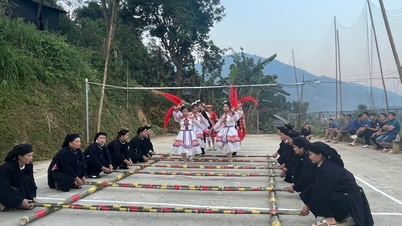









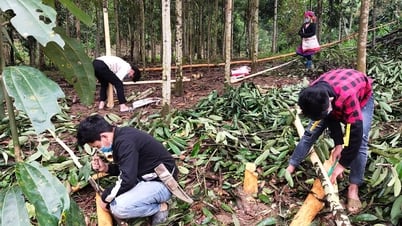

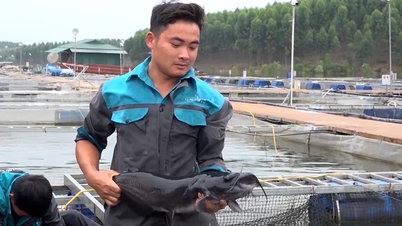
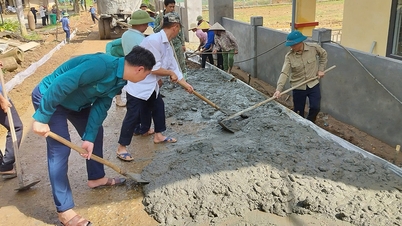


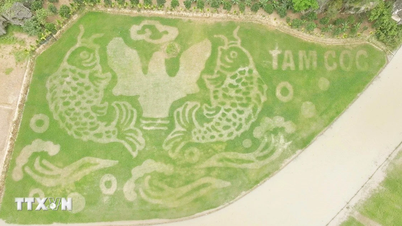




















































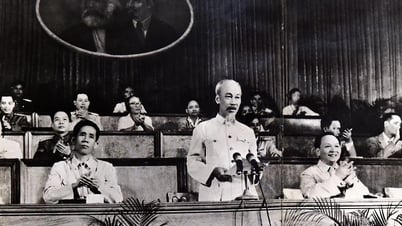


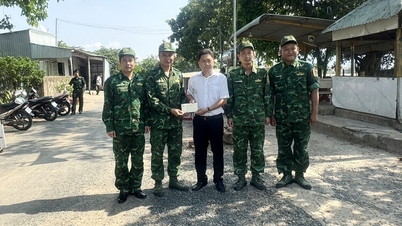












Comment (0)